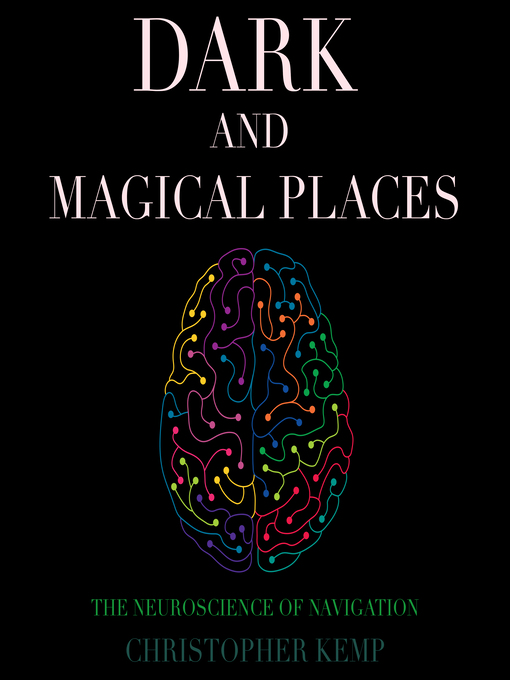-
Creators
-
Publisher
-
Release date
January 25, 2022 -
Formats
-
OverDrive Listen audiobook
- ISBN: 9781696607414
- File size: 237253 KB
- Duration: 08:14:16
-
-
Languages
- English
-
Reviews
-
Publisher's Weekly
January 31, 2022
The brain’s ability to navigate takes center stage in this sharp survey from molecular biologist Kemp (The Lost Species). As he writes, “Navigation is one of the most cognitively complex tasks our brains perform.” Kemp explores this complexity from a range of perspectives: he takes readers inside research labs where scientists probe the way neurons connect with other neurons to create mental maps and images; investigates how the Tsimane people navigate dense Bolivian rainforest; demonstrates how desert ants find their way around the Sahara Desert; and digs into neurobiology research, including the 1984 discovery of head-direction cells, which function as an inner compass. Along the way, Kemp debunks numerous myths, including the idea that females possess poorer navigational skills than males, and reflects on the difference between the navigational abilities of modern humans versus those of Neanderthals. What separates the two, he suggests, is the use of the subjunctive form, which led to humans being better at navigating. Kemp peppers in accounts of his own poor navigational abilities and colorful stories of people getting lost, which keep things moving along. The result is both enjoyable and accessible.
-
Formats
- OverDrive Listen audiobook
subjects
Languages
- English
Loading
Why is availability limited?
×Availability can change throughout the month based on the library's budget. You can still place a hold on the title, and your hold will be automatically filled as soon as the title is available again.
The Kindle Book format for this title is not supported on:
×Read-along ebook
×The OverDrive Read format of this ebook has professional narration that plays while you read in your browser. Learn more here.

